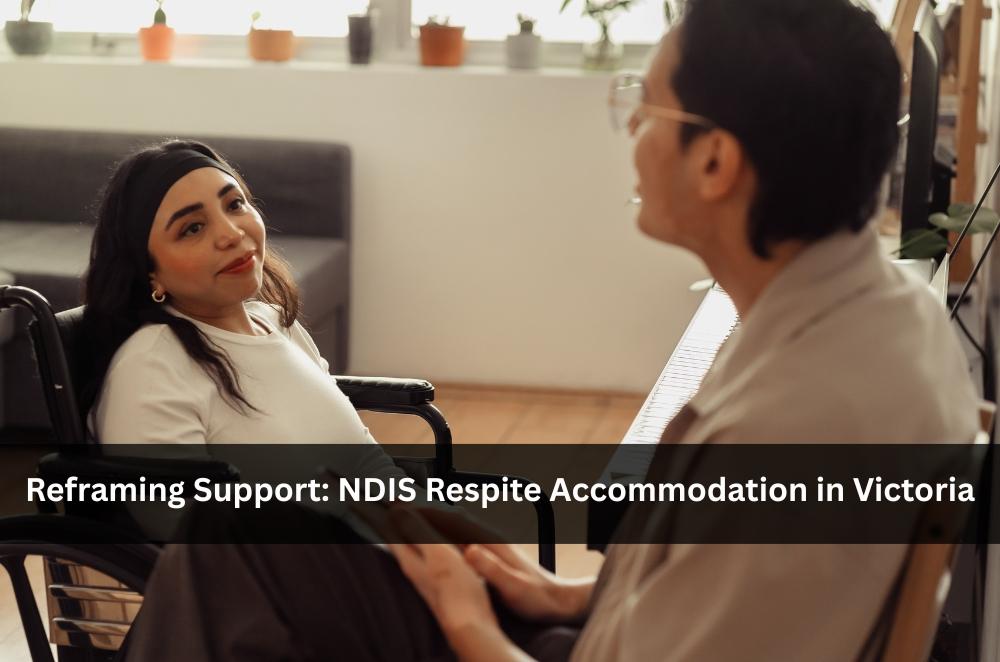Access to NDIS respite stays for carers in Victoria is more than a break; it's a reset. For thousands of informal carers juggling family, work, and care duties, short-term accommodation (STA) offers critical relief. But it's not just about rest. The proper respite setup can re-energise carers and provide fresh environments and opportunities for participants too.
In Victoria, respite has evolved. It's no longer a reactive fix; it’s a proactive pillar of sustainability for carer-participant relationships. With tailored NDIS funding, carers and participants now have more flexibility to access supports that match their rhythm, not disrupt it.
Why choice in STA really matters
Not all respite is created equal. For NDIS participants, staying somewhere unfamiliar can be unsettling. For carers, the stress of coordinating appropriate support can cancel out the benefit. That's where specialised STA providers step in, offering consistent, safe, and purpose-built options aligned with both needs and preferences.
When respite becomes a thoughtful, positive experience, its ripple effects are potent and far-reaching. We're talking more than just rest. We’re talking skill-building, new routines, meaningful connections, and sometimes fun.
- STA helps reduce carer burnout and decision fatigue
• Participants benefit from new social, sensory, or life-skill settings
• Predictable, tailored support builds trust and routine
• Better alignment with care goals means less disruption overall
NDIS respite accommodation is most effective when integrated into the care journey, not bolted on in moments of crisis. That's why many families are choosing providers specialising in flexibility and dignity-led respite solutions.
One area getting attention is the emerging trends in emergency respite care. These include better environmental design, trauma-informed spaces, and tech-enabled planning tools, making it easier for carers to step away without stepping out of the loop.
Realigning respite with dignity
Across Australia, thought leaders are urging an overhaul of how we frame short-term supports. That doesn’t just mean more options, it means better ones. Victoria is at the forefront here, with new models and technology changing how providers and carers navigate time off and transition periods.
In parallel, communities are pushing for narratives that recognise carers as part of the care dynamic, not just background supporters. As part of this shift, resources focused on understanding NDIS respite options in Victoria are becoming increasingly important, helping families and carers make informed decisions about when and how to seek support.
Making room for breaks isn't a weakness; it’s sustainability. With more accessible, meaningful options available, more carers are reclaiming rest as part of their rhythm.

